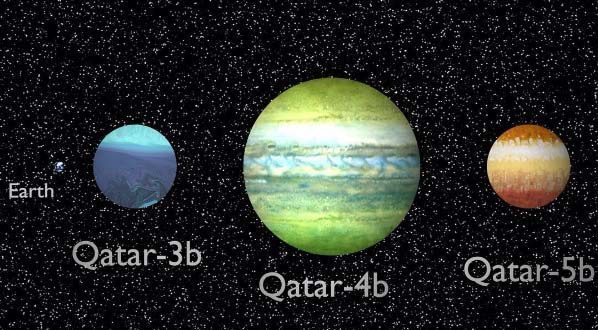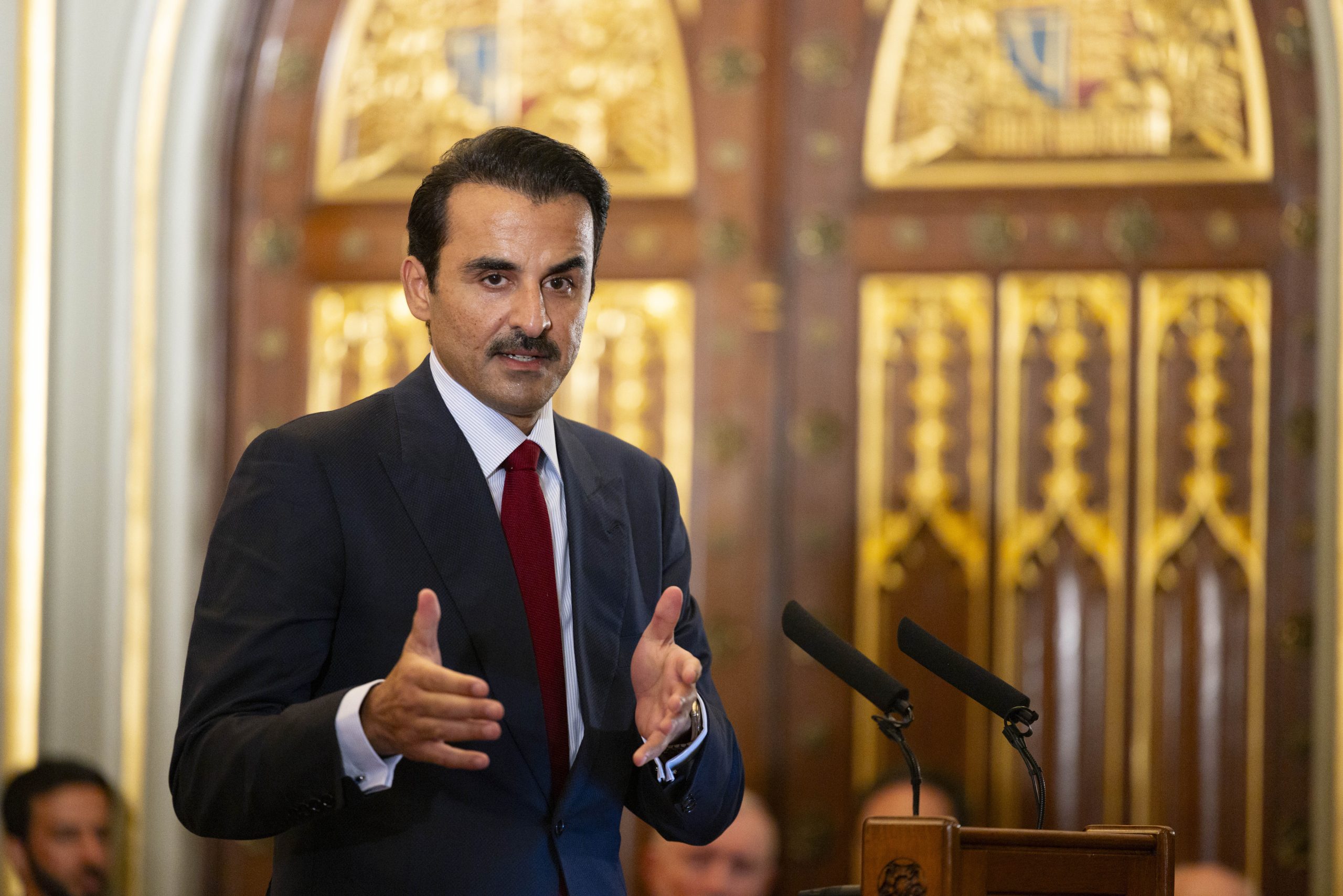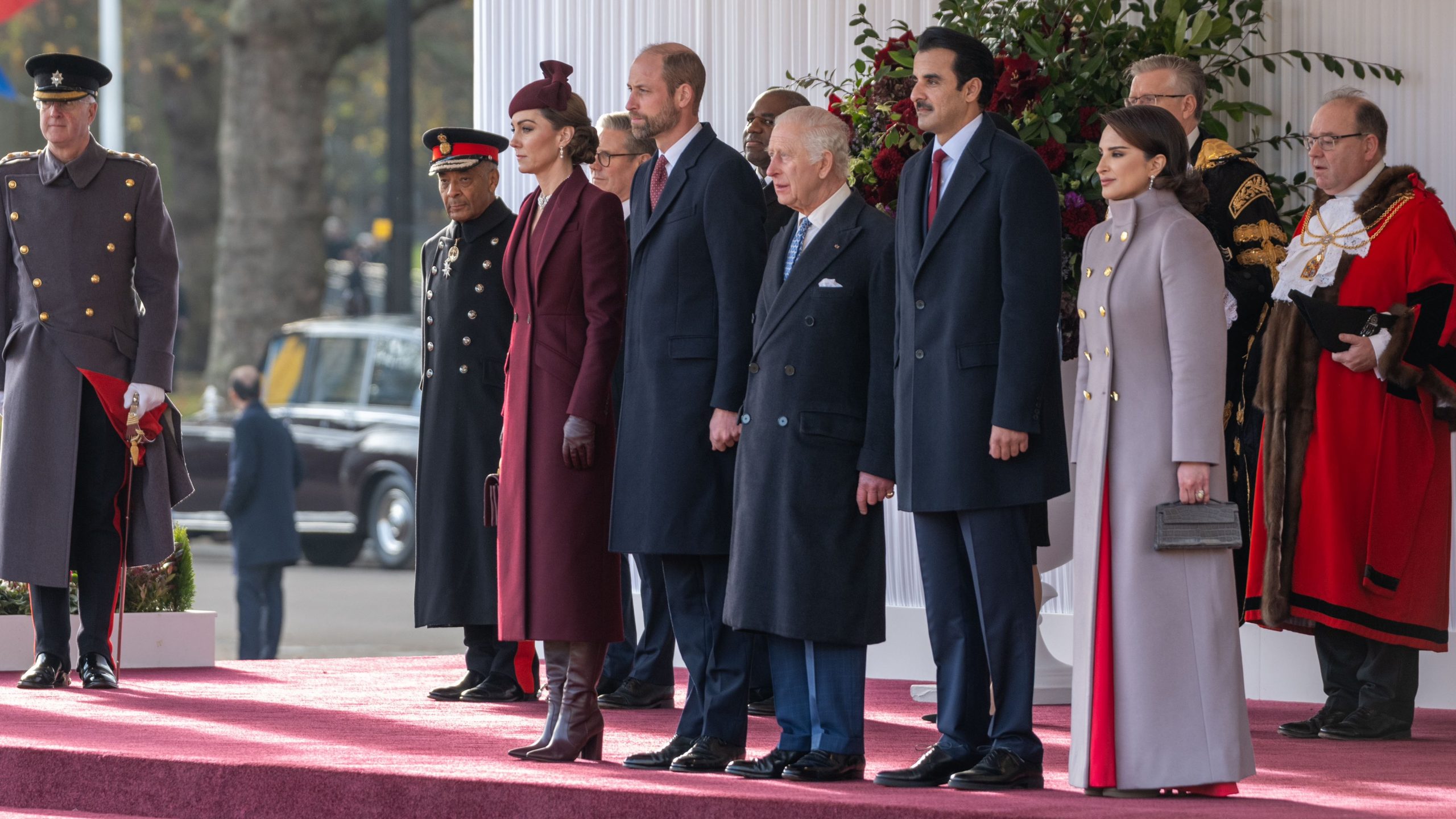
Updated on June 26 with more details about the planets from QEERI
Local astronomers have discovered the existence of three new “hot Jupiter” exoplanets that have been named Qatar-3b, Qatar-4b and Qatar-5b.
They were identified from dips in starlight by the Qatar Exoplanet Survey, according to Astronomy Magazine.
The planets orbit a star outside of a solar system, and are all larger than Jupiter in terms of mass.
The discovery was made by a project based at the Qatar Environment and Energy Research Institute (QEERI), which is part of Hamad Bin Khalifa University.

QEERI is holding an event on Monday to discuss the findings in Qatar. However, they were announced this week in a paper that will be published by the Royal Astronomical Society, Astronomy Magazine said.
In an excerpt published this week, Qatar’s first astronomer Dr. Khalid A. Al-Subai and other scientists said they had identified “three new transiting planets,” which were named following an agreement with the International Astronomical Union.
The team of scientists identified the new exoplanets using tens of thousands of images collected by telescopes in New Mexico (USA), Tenerife (Spain) and Urumqi (China), QNA reported.
Al-Subai, who is also QEERI’s acting executive director, said the planets belong to what is called the “hot Jupiter” family of gas giants, and take between 1.8 and 2.8 Earth days to orbit their parent star.
Planets 3b and 5b are of a similar size, at 4.31 and 4.32 Jupiter masses, while 4b is about 5.85 times the mass of Jupiter, the excerpt said.
They are all bigger than Jupiter. Qatar-4b is the largest, at 1.55 times Jupiter’s radius, and they are 12 to 17 times larger than Earth.
They also have temperatures between 1,400C and 1,700C and the distances to the new planets are 1,400 to 1,800 light years away – a light year is equal to 10 trillion km ( the number 1, followed by 13 zeros), QEERI said in a statement issued through QNA.
Previous discoveries
The latest planetary discoveries come five years after Qatar astronomers found the planet Qatar-1b in late 2010.
The following year, they discovered hot Jupiter planets Qatar-2b and -2c.

Qatar’s space research has been boosted in recent years with a $6 million grant from Qatar Foundation‘s Qatar National Research Fund.
As part of this, Al-Subai previously said that new observatories would be set up on three continents in addition to an observatory in New Mexico that has been operating since 2009.
According to its website, the exoplanet survey aims to “try to solve fundamental scientific problems and ancient human questions,” including
- How were the stars and planets created?
- How big is the universe?
- Are there any other worlds like Earth?
The team used ground-based telescopes to discover the planets and now plan to simplify their techniques to make it easier for more scientists and amateur astronomers to reliably detect exoplanets.
“With thousands of Astronomy Amateur clubs around the world we hope they can adopt our technique and algorithms to discover thousands more of Exoplanets” Al-Subai said.
Thoughts?







